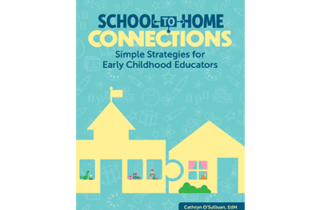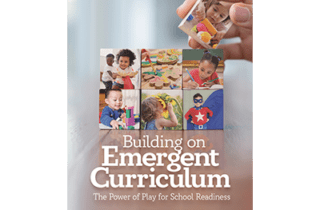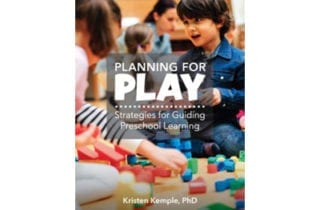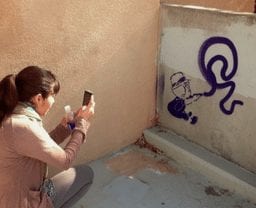Presented by Kara Ball, Academic Officer and Author, Teacher Created Materials
Moderated by Jen Jump, Senior Academic Officer, Teacher Created Materials
Presented by Rusty Keeler, Designer, Author, and Speaker
Moderated by Dr. Laura Wilhelm, Vice President for Professional Learning, Kaplan Early Learning Company
Presented by Dr. Laura Wilhelm, Vice President for Professional Learning, Kaplan Early Learning Company
Presented by Dr. Steve Ritter, Founder and Chief Scientist, Carnegie Learning; and Kyla Gibbons, Manager of Professional Learning, Carnegie Learning
Presented by Sandra Duncan, Ed.D., International Consultant on Environments for Young Children, Nova Southeastern University
Moderated by Raven Griffin, Marketing Manager, Kaplan Early Learning Company
Presented by Cathryn O’Sullivan, Consultant, AppleTree Institute for Education Innovation
Moderated by Jennifer Lewis, President, Gryphon House, Inc.
Join this edWebinar to learn how preschool teachers can use a child’s natural instincts for play to enhance all areas of the child’s development.
In this edWebinar, Kristen Kemple, Ph.D., Professor of Early Childhood Studies at the University of Florida, provides an overview of the nature of play, and an introduction to how play contributes to children’s learning in the areas of language, literacy, self-regulation, mathematical thinking, scientific reasoning, creativity, socio-emotional development, and physical growth and well-being.
Educators today are rethinking and reshaping their practice to align with the demands of a rapidly changing wired world. Consequently, a greater emphasis has been placed on skills such as creativity, collaboration, critical thinking, design, play, story, and student agency, all of which can be leveraged by video games. In this edWeb.net webinar presented by the Gaming-Based Learning community, Canadian educator Paul Darvasi shared many practical classroom examples to discuss how video games, as an essential manifestation of contemporary culture, are naturally conducive to learning in the 21st century.
Civic life occurs on physical streets, and in community groups. Mobile media can help learners connect to local places, moving students through physical space in parks or at school. Often youth are particularly excited to engage with civic issues in their own communities and families. Games and play with mobile media provide one way to structure this kind of activity.











